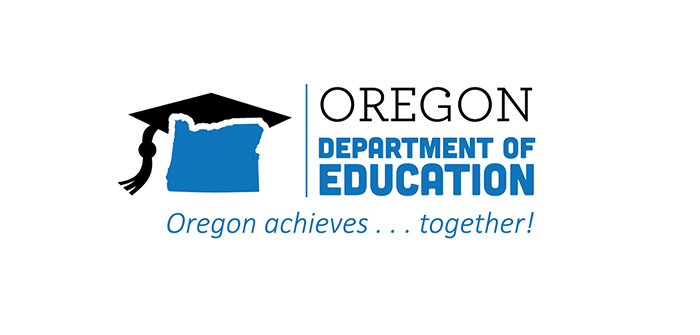The Oregon Department of Education recently released the Summer Learning Best Practice Guide to help school districts build on the skills, resources, lived experiences and innate gifts that students possess before the next school year starts.
The Summer Learning Best Practice Guide is designed to help districts as they develop a variety of summer programming to support the mental health and well-being of students and provide learning opportunities grounded in student interests that foster learning and spark engagement and in-person connection.
This guide draws upon research and best practices for how to design and implement summer learning programs. Summer learning programming envisions a range of offerings including tutoring programs, peer-to-peer support, learning and enrichment camps, bridge and transition programs, college courses, community service and apprenticeships, credit recovery opportunities, work-based learning and more traditional summer school.
In addition, this guide recognizes the heightened need for summer learning programs to provide a strong foundation of care, connection and healing for students and their families as our communities continue to grapple with the ongoing impacts of the COVID-19 pandemic and racial injustice.
“Summer learning and enrichment will help renew Oregon’s kids education by fostering creativity, learning, and fun,” said Governor Kate Brown. “I’d like to thank school district leaders, educators, and staff for their work to establish summer learning opportunities that are available to all Oregon students, especially those from the communities that have been hardest hit by COVID-19: Black, Indigenous, Latino, Latina, Latinx, Asian, Pacific Islander, Tribal and students of color.”
The Summer Learning Best Practice Guide sits within a series of releases to support summer learning. These include:
- Student Learning: Unfinished, Not Lost — Shifts the narrative and recognizes the many strengths our students bring to school each day.
- Ready Schools, Safe Learners — Includes the health and safety protocols that need to be in place to serve students on-site.
- Elementary and Secondary School Emergency Relief (ESSER) Fund — Offers federal funding sources to support summer learning.
- Summer Academic Support Grants Resources — Includes information on summer enrichment and learning resources made possible by House Bill 5042A. Specific guidance on how to access these resources will be available on or about April 23.
“With resources and creativity, we can support Oregon’s students in the summer months with a focus on fostering health and wellness, cultivating relationships, accelerating learning and providing enriching activities,” said ODE Director Colt Gill. “Summer programs provide a unique opportunity to deepen learning and restore social connections that promote growth, resiliency and success for every student. This approach marks a significantly different mindset from a paradigm where “summer school” is seen as remedial and punitive. Student learning may be unfinished due to the disrupted school year, and as such, schools can reframe summer learning programs as significant opportunities to foster health and well-being, and accelerate learning. Summer learning can provide an opportunity to shift from recovery to renewal for every student.”
oregon.gov/ode/pages/default.aspx





